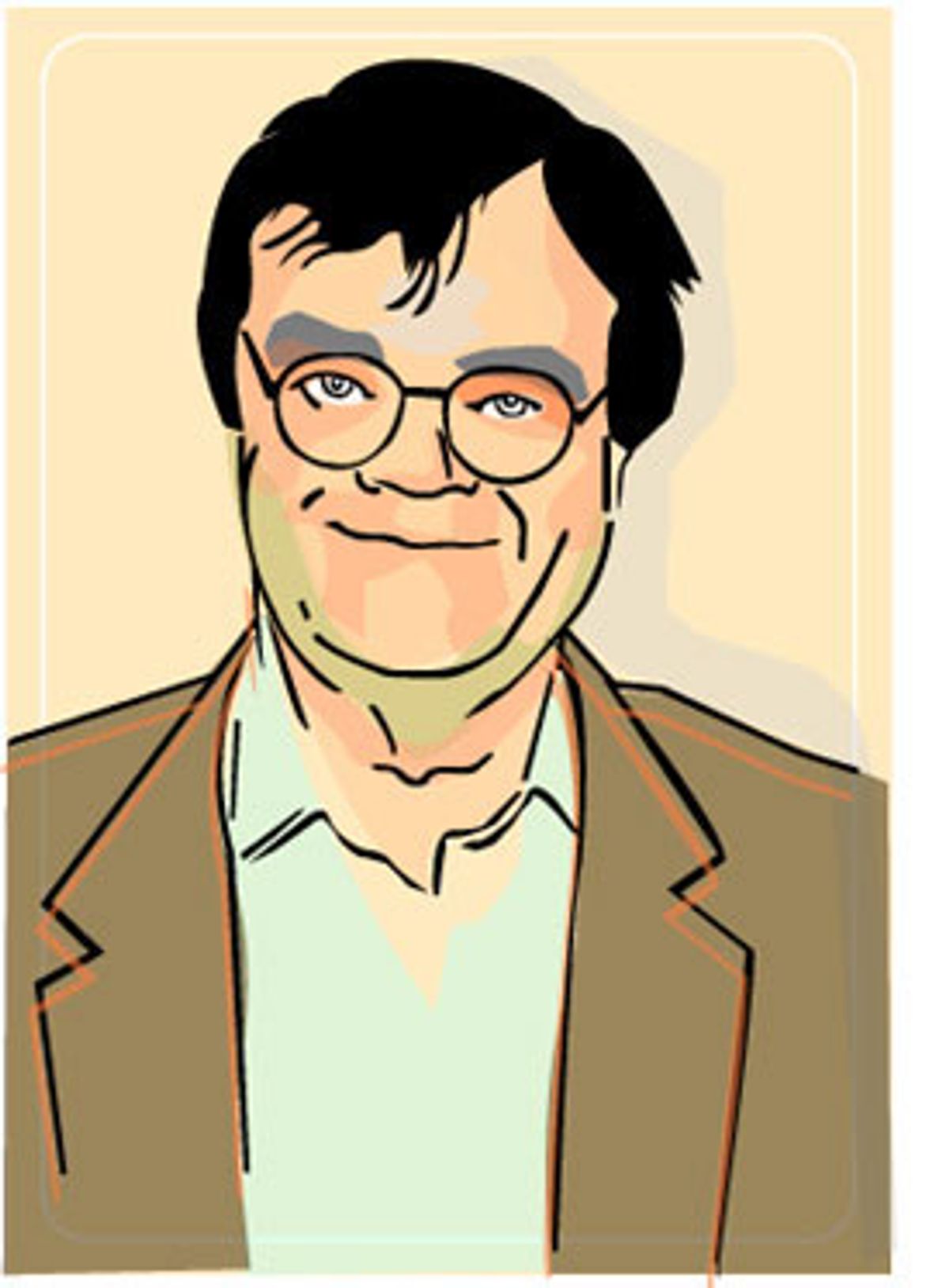So now we have thrown some rascals out and left some rascals in power and sent some new folks to Washington to learn the art of rascality, and in the end, after all the hoopla, what will really change? Or will the town drunk continue to run the municipal liquor store?
Perhaps there will be some rational debate on the war. The voters have said they don't want the Thirty Years War that Mr. Cheney envisions, so it's time for him and his friend to start making other arrangements. This happens all the time in the real world. If you can't accomplish the mission, then you accept it and find a graceful way out.
The health insurance crisis may be addressed, and the crippled behemoth that is Homeland Security. And surely Congress will rediscover the use of the subpoena and require public servants to account for themselves under oath. This would be a novelty. After six years of ingenious spin, we could get a history lesson while we're still young enough to profit from it.
People still care deeply about our government, despite every invitation to disillusionment. This is the astonishment. For my generation, the first big blow was the failure of Washington to get to the truth about the assassination of John F. Kennedy and then its inability to change a disastrous course in Vietnam. You stand at the majestic polished wall with the 57,000 names on it, and you look across the river to Arlington, and here, within one mile, are two enormous aching sorrows, and a mile behind you is the U.S. Supreme Court, which threw the election of 2000. Some people killed our president and got away with it; men were shipped off to die in a lousy war promulgated by Democrats afraid to be called weak on communism; and an election was stolen in broad daylight, no protest. And yet we still stroll down to the church and cast our ballots. We live on hope.
Forty years ago I drove to Baltimore for a friend's wedding and then, on a powerful urge, veered off toward Washington. It was night. I drove through a confusing grid of diagonals and circles, saw the great dome illuminated, drove up to it and parked and walked in. You could do that then. A few cops stood around, and you strolled past them and into the rotunda, and stood dazed and humbled in this space where great men had moved. The tragedy of secession was played out in these halls, and the New Deal was launched, and FDR was carried up here after Pearl Harbor to declare World War II, after which wise men designed the Marshall Plan that rebuilt Europe and the G.I. Bill that built an American middle class.
It has been a long time since we had reason to be proud of these people, though they are essentially the same people as those who accomplished great things. So what's wrong?
One problem with Congress is that 90 percent of it is ceremonial and so little has to do with elucidation. The Honorable meets with representatives of the American Beer Can Association, the Swizzle Stick Foundation, the League of Tutu Manufacturers, and poses for photos and listens to their pitches, and then goes to the floor and proclaims Eugene P. Fenstermaker Day, and then to a subcommittee hearing to read a two-page statement praising the arts as a triumphant manifestation of the human spirit, and then back to the office to welcome 10 fat men in beanies and the 4-H'ers from Hooperville, then off to the banquet of the American Ferret Federation, and seldom during the day is the Honorable ever challenged or questioned or asked to listen to anything that wasn't vetted and paid for. The Great Personage is either regarded with servile deference or heartily abused by bloggers. This is not a good life for an inquiring mind.
You meet congressmen in private and they're perfectly thoughtful and well-spoken people, nothing like the raging idiots they impersonate in campaign ads, and you think, maybe Congress needs more privacy. Send them off on unchaperoned trips to see the world firsthand. More closed-door caucuses where they can say what they think without worrying that one stray phrase may kill them.
Or maybe Congress simply needed more Democrats. We are a civil bunch, owing to our contentious upbringings. With a smart, well-spoken woman for speaker instead of that lumbering mumbling galoot who covered for the Current Occupant, perhaps the sauce will thicken and life will get more interesting. Maybe they'll do something good. It's possible.
- - - - - - - - - - - -
(Garrison Keillor's "A Prairie Home Companion" can be heard Saturday nights on public radio stations across the country.)
(c) 2006 by Garrison Keillor. All rights reserved. Distributed by Tribune Media Services, INC.



Shares